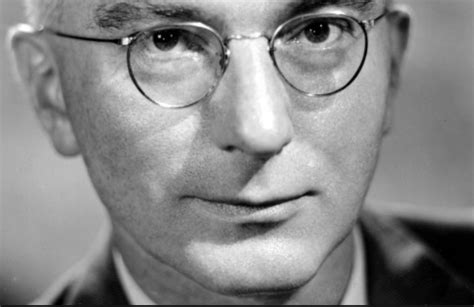A Quote by Peter Ackroyd
It sometimes seems to me that the whole course of English history was one of accident, confusion, chance and unintended consequences - there's no real pattern.
Related Quotes
The flow of action continually produces consequences which are unintended by actors, and these unintended consequences also may form unacknowledged conditions of actions in a feedback fashion. Human history is created by intentional activities but is not an intended project; it persistently eludes efforts to bring it under conscious direction.
In the preface to his great History of Europe, H. A. L. Fisher wrote: "Men wiser than and more learned than I have discerned in history a plot, a rhythm, a predetermined pattern. These harmonies are concealed from me. I can see only one emergency following upon another as wave follows upon wave ..." It seems to me that the same is true of the much older [geological stratigraphical] history of Europe.
In a very literal way, of course, Shakespeare did change the course of history: when it didn't fit the plot he had in mind, he simply rewrote it. His English histories play fast and loose with chronology and fact to achieve the desired dramatic effect, re-ordering history even as it was then understood.
History teaches us that many breakthroughs were happy accidents. Whether that's penicillin coming from Fleming neglecting to clean his laboratory before going on vacation or the team at Odeon trying a little side project that allowed people to communicate in real time as long as their message was 140 characters or less (which ultimately of course became Twitter), the unintended is often the transformational.






































